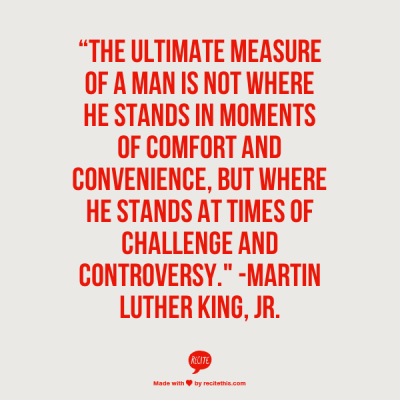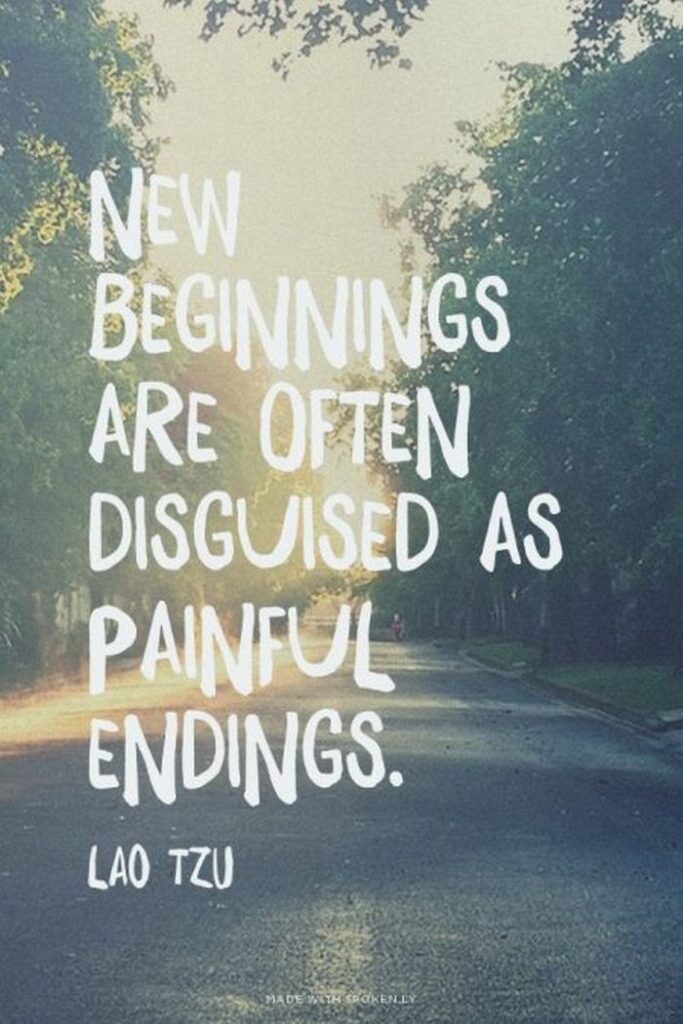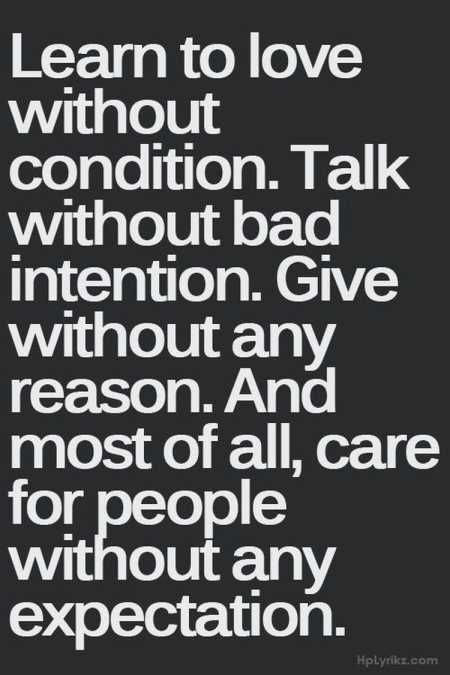I’ve been thinking a lot about the cost of being sick as a young adult (yes I know I’m almost 40), not just the financial aspect of this whole situation, but the grief that comes from having to deal with something like this my entire life when most others don’t until much later in life.
Financial Loss
The financial loss of being sick is probably the most obvious one.
I started taking medical leave in January 2024. At that point, I had lost a significant amount of weight from not eating due to the oral ulcers I had been experiencing from my disease process. I was finally convinced to get a feeding tube placed so that was done in the beginning of the year, and this procedure coincided with my ability to work.
I’m very lucky in so many ways because Johnson and Johnson has great benefits. I struggle a lot with having to work in corporate America because that is often where healthcare and disability benefits are the best. It really angers me that my healthcare access is tied to my employment, but that’s another big can of worms of policy that we can discuss another day. Even though I work for a pharmaceutical company, I have a lot of feelings on the cost of care of pharmaceutical drugs and just getting care in general in the US.
Johnson and Johnson’s short term disability policy helped alleviate some financial stress for me. I’m really lucky to have this benefit. I contrast this with my brother Gordon who will not get paid at all for any of the time that he’s taken off from work except for California FMLA. It, again, boggles my mind, that a healthcare professional’s benefit is significantly less than what I can get in corporate America.
With regards to healthcare expenses, I always allocate my out of pocket maximum to be paid to Aetna in January and February of every year because I always hit that OOP that early on in the year due to how often I use healthcare. What’s also frustrating is that most drugs that I need require prior authorizations. Even when I hit my OOP, I often times get bills saying thing aren’t approved and require OOP payment. Hence, a lot of phone calls with my doctor asking them to call insurance to advocate for me. :sighs:
Getting care at the NIH has been wonderful – they don’t deal with insurance at all. However, to initially become a patient, my brother and I had to pay for our trip out to Maryland in March for the week. That included a week long stay in a hotel (March 2-9) and round trip flights from Seattle and Sacramento. It ended up being about a $3,000 trip in total for us both including flights, lodging, transportation, and food. After you are accepted as a patient at the NIH, then all future visits are subsidized by the NIH budget (whether it’s NCI or NIAID). While it is subsidized, because of how expensive the Bethesda area is, it only covers a small fraction of the actual cost. The great thing about the NIH is that you don’t have to deal with insurance at all to get tests (CT, MRI, ultrasounds, etc.) or medications.
My parents and I returned back to the NIH on April 12th to do my egg retrieval, pre-transplant workup (this is separate from the baseline workup in March), and consent for trials. NIAID had the ability to house us at the Safra Lodge (hotel across the street from the hospital) until May 14th until I would be handed off to the NCI team for transplant. Unfortunately for us, NCI’s financial policies changed around mid-May, impacting our housing arrangement at the last minute – this was less than ideal due to the already expensive prices of Bethesda, last minute arrangements, and the seasonal price increases. We originally were going to stay at the Safra Lodge under NCI from May 14th until I was discharged from the hospital around end of June, but the financial policy changed and said my parents were only allowed to stay for 2 weeks which put us at May 28th, the day before transplant. We were able to get a special 2-week extension because it coincided so closely with my transplant date (May 29th) but they were only able to let us stay until June 11th, the time in which I was the sickest because my ANC was at 0.
Given this change of plans, I had to quickly find housing for us. The challenge is multifaceted, but the Bethesda area is already very expensive, we are looking for housing last minute at this point to start from June 11th, and because we don’t have a car, we are limited to the area in which the NIH hotel shuttle runs. All in all, we were able to find an apartment in downtown Bethesda, right next to the NIH hotel shuttle pickup location, from June 11 to September 4, but at a cost of $18,000! We need to stay until September 4th because patients are asked to stay 100 days post transplant date given that patients are going to clinic at least 2-3 times a week during this period for close monitoring.
NIH will subsidize a small amount, but that amount is to be determined and also subject to these new financial policies that are clear as mud right now.
The other aspect that I found shocking is that the donor, Gordon, doesn’t really get anything in terms of financial support. He flew out on April 27th to do a donor workup and donated on May 29th. His lodging was not covered and he had to pay out of pocket for that time period. He’s now staying at the lodge with my parents since I’m inpatient now, but it seems like a discouraging factor for donors if housing isn’t covered yet are expected to do a whole week of workup and be available when the patient goes inpatient. Again, his work’s disability policy will not cover any income losses, so he only was approved for CA FMLA for 12 weeks.
Gordon is also choosing to stay out here longer to help my parents since they’re in their mid-70s and have a hard time navigating new places. We decided it was best for our family so no one burns out taking care of me, but with that comes income losses.
My short term disability ends in early July, by which I’ll then transition to long term disability. Maybe I had the foresignt hat something bad was going to happen, but I signed up for LTD when I first joined J&J and didn’t require a health clearance. Fortunately, this will pay me a portion of my current salary. What’s unclear now though, is where my job status is with J&J at this point. I know that my employment status is put on inactive, and my job position will be backfilled. The other challenge is that my current role requires 70% travel, and I won’t be able to really travel until May 2025, one year post transplant, because I need to get vaccinations like a newborn baby. However, I do think I would be able to do a remote role earlier than May 2025, but that would require there to be a job available for me at J&J. Unfortunately, all in-house roles right now at J&J require you to go into the office 2-3 times a week, and that’s just not a possibility for me. I’ve requested ADA accommodations for a remote role, but since my return to work likely won’t be until late this year or early next year, it’s a little hard to secure a job right now. All in all, there’s a lot of uncertainty about my job, and while I tell myself that it’s a future Irene problem, the income loss and uncertainty of the future does give me anxiety.
We’ve been saving money over the last several years knowing that this was going to happen, but it still hurts to see all this money going to healthcare. I’d obviously much rather be spending it on other things. What I do know is that after all of this is said and done, I want to take my family on a nice vacation, perhaps the 2-week long vacation we were planning to do in March 2020 to Taiwan that was cancelled. TBD but it’s something to look forward to.
There are way more financial stresses, but this is just a small snippet of what logistics have transpired in the last few months.
Relationship & Friendship Losses


One of the biggest griefs of being a chronically ill person is how it changes the friendships and relationships that you have with people. Being ill is not my identifying personality trait, but it does play a BIG part of my life. I’d say about 5 hours a week is devoted to managing my healthcare every week, if not more. I have at least 1 doctor appointment a week, and every 3 weeks, I have a 4 hour IVIG infusion that I do at home but ends up taking about half of the day with the home health nurse. My lifestyle of being clean is very much embedded in my daily routines – I vacuum multiple times a week; I choose to cook at home so I can eat a healthier high fiber diet; Sundays are dedicated to cleaning; Maple is bathed once a week, etc. I also choose not to eat raw as often as I can (I really do miss sushi), but I don’t stop others if they choose a restaurant that has raw food. I think it’s a small price to pay if I can prevent myself from getting another life altering norovirus episode.
I’ve lost friends and relationships over my illness. One friend simply ghosted me after a long hospital stay. My family has also lost friendships and have had relationships affected because of the limitations they’ve had in keeping me safe. I’ve wracked my brain on why and how and the only conclusion is that I wasn’t communicating well during my time in the hospital, but I feel like I should get a pass on that one. I’ve reached out multiple times without response. Other friends simply thought it was too cumbersome to be my friend or perhaps that making different arrangements that could accommodate me didn’t suit their life. One partner told me that if we had kids and there was something “wrong” with them, their family would blame me. Another partner told me they didn’t understand why I needed to vacuum dog hair from a retriever multiple times a week or why I needed to keep everything so clean all the time. A third partner simply said they couldn’t handle taking care of a sick person. In hindsight, it’s much better to know these things early on and I’m so glad these friendships and relationships didn’t continue further, but it doesn’t mean it didn’t hurt an incredible amount at the time that it happened.
Loss of Self
I think the hardest part of being chronically ill though is the relationship that I have with myself. Like I said before, being sick doesn’t define me, but it sure has played a significant part of my life, and often times an isolating one.
I grieve the life I thought I would have or should have at this point in my life. I’m coming to terms with what I used to be able to do, what I am currently able to do, and what I might be able to do when this transplant is all said and done. I also need to come to terms with all the battle scars I’ve accumulated throughout the years, what I used to look like, what I currently look like, and what I will look like. It seems like there will be the before, the during, and the after from now on.
Overall, it’s been an isolating experience because most other mid 30 females haven’t experienced this level sickness.
The Positives


While I wouldn’t wish this part of my life on anyone else, I do think there are some beautiful things that have come about my 36 years of illness.
In some positive ways, I feel like I am a much better person because of this lived experience. I am highly empathetic, somewhat to a fault, and I’m always trying to help others. I love getting to know people so I can better understand why they are the way that they are.
And despite the loss of friendships and the loss of romantic partners, I’ve also had the opportunity to cultivate some beautiful friendships because of this experience. These are the ride or die friends that would wipe my butt if I asked them to (or hire someone to do it lol) and I’m eternally grateful for that.
Another great highlight in all of this has been my family. My mom has really has been the GOAT in all of this. Her mama bearness is probably the reason why I’m alive today; her advocacy of my healthcare needs from childhood all the way until now has allowed me to escape death on numerous occasions, and I don’t say this with exaggeration. She is the way that she is because of me and I’m so grateful for that. My brother and I will be forever connected now since a part of him will always be in me. I’m forever indebted to him for this new chance at a normal life. And my dad will dutifully do our laundry and tasks around the house, even if he can’t help with any of the medical stuff.
Times of tragedy really do highlight the true character of a person, and I couldn’t have been more lucky to have been surrounded by a village willing to go to the depths for me.
One of the things I love most about you is your ability to see silver linings in shitty situations-I really admire this! The grief, friendship loss, financial burden, that is all so real and it indeed scars you. It all seems so unfair and it is. Just know that your ride or die crew loves you because of all you are, not despite your condition. I feel fortunate to be part of this crew, and happy that you are part of mine!
Thanks for being part of my ride or die crew. I am so lucky in many ways <3
Thank you for sharing this perspective and experience. I’ve been following along with Gordon’s updates. It’s so valuable and generous that you share this perspective that so many of us never think about. Even though I’m in healthcare and have some idea how frustrating dealing with insurance is from the provider side, you’re showing how completely ridiculous it is with your super important life saving health event you’re going through and how weird health care in America, and it’s even more frustrating than I was aware of. I’m praying you get well ASAP and I’m so glad you have such an amazing family with you.